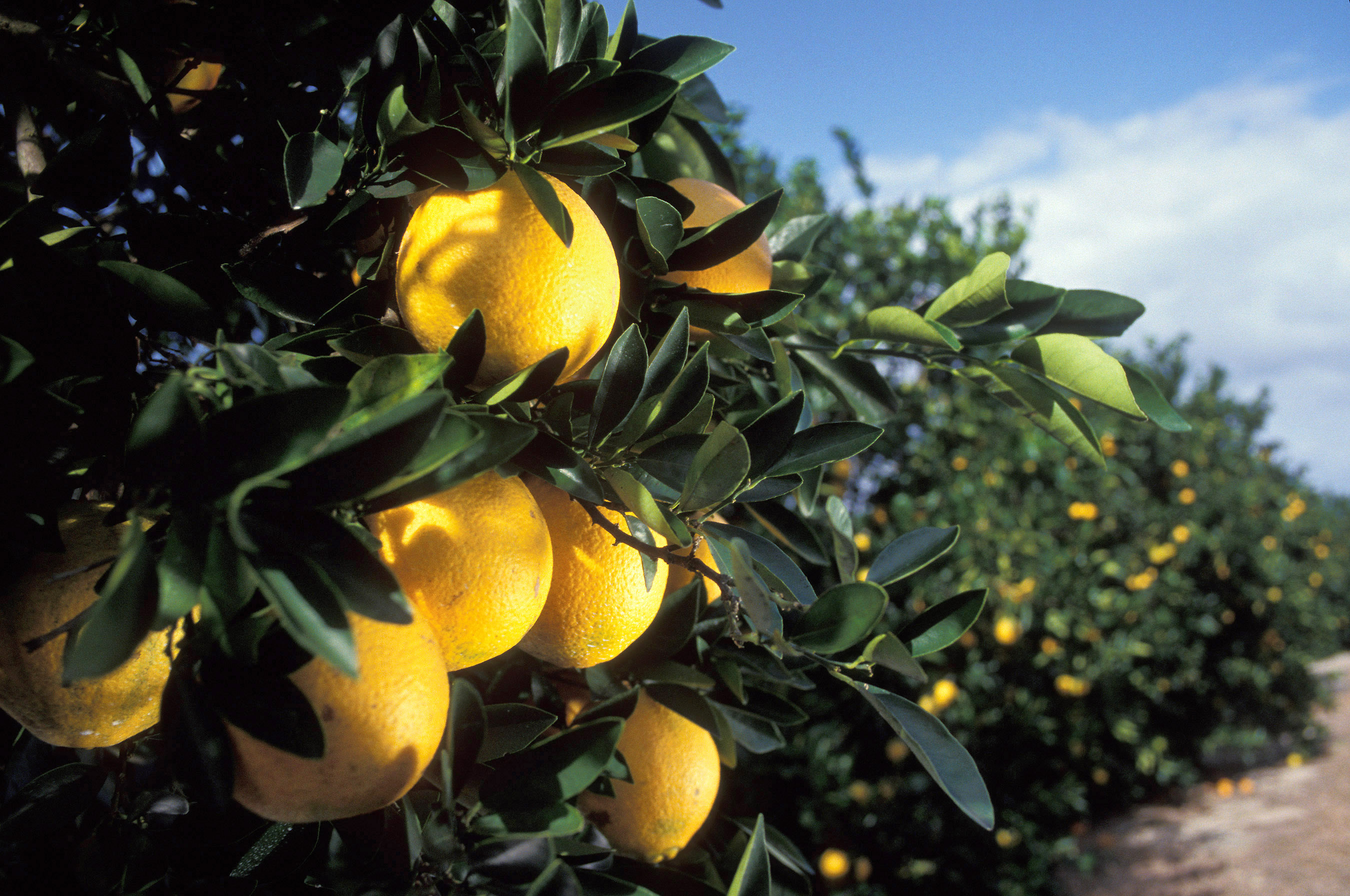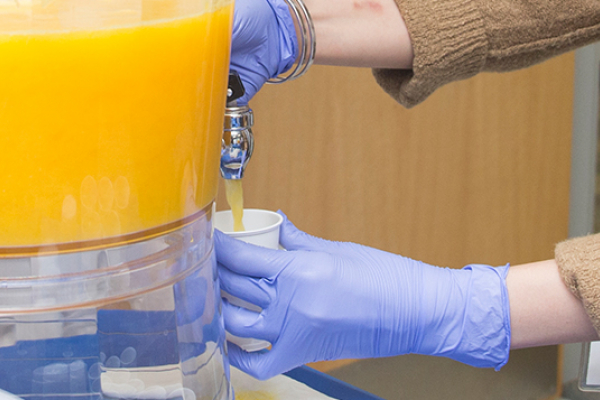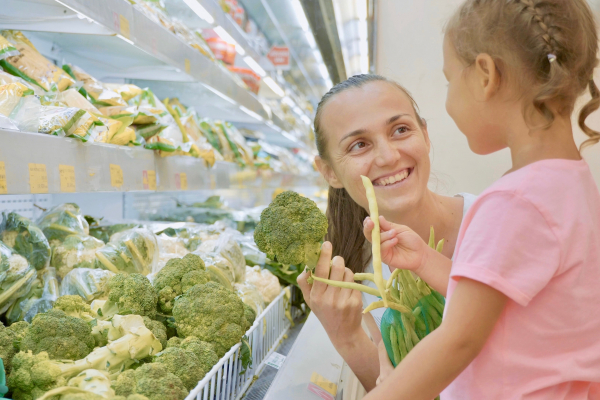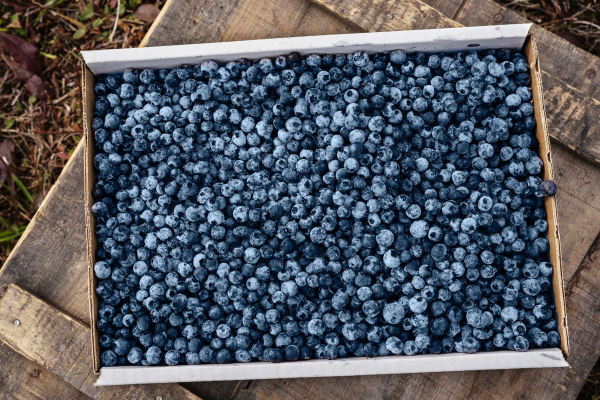Strengthening Citrus

The Florida citrus industry, directly and indirectly, generates approximately 45,000 full-time jobs with a total economic impact of approximately $8.6 billion per year in the state.
Florida’s citrus industry has lost approximately half of its $1.5 billion on-tree fruit value in just 10 years due to citrus greening (Huanglongbing), a destructive disease that causes trees to produce small, bitter, undesirable fruit that drop prematurely and cannot be sold. The disease has reached epidemic proportions — 95 percent of commercial groves are infected in every Florida county. Since 2005, Florida’s citrus production has shrunk by more than 50 percent, which caused billions of dollars of damage to one of the state’s primary crops. A tiny insect, the Asian citrus psyllid, carries the bacterial pathogen. The disease has spread rapidly to Georgia, Louisiana, South Carolina, Texas, and California and threatens to destroy our nation’s citrus industry.
With USDA funding, scientists at University of Florida are examining different strategies to increase the potential of citrus’ own immunity and develop trees resistant to the disease. To do so, they are leveraging the latest advances in gene editing by using CRISPR, a new gene-editing technique. The team is identifying the critical genetic factors that lead to resistance, and then editing segments of DNA. By breeding new, resilient tree varieties, the team is protecting our nation’s citrus industry so it can survive and thrive once again.


